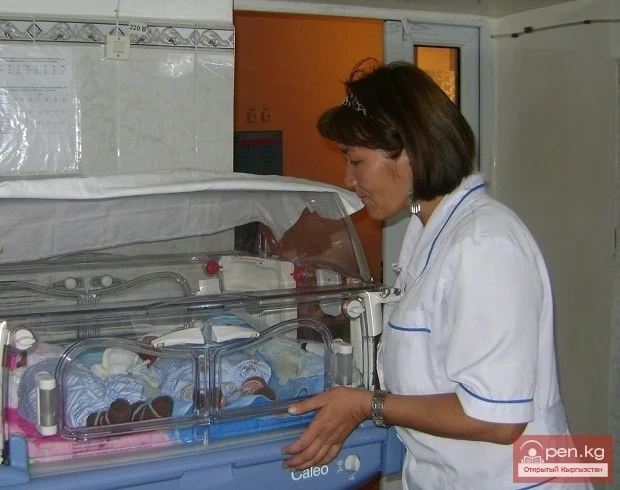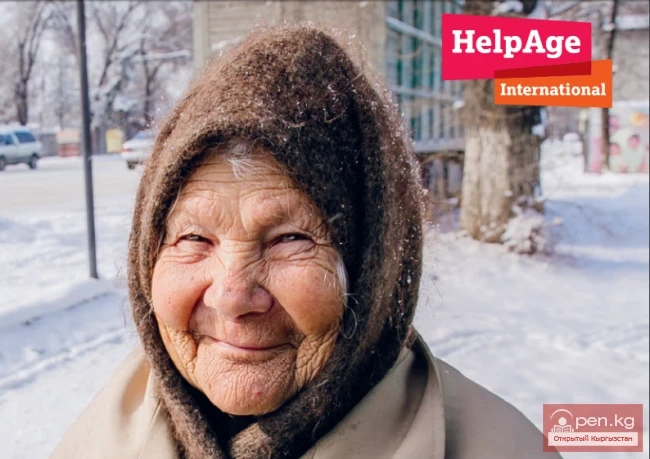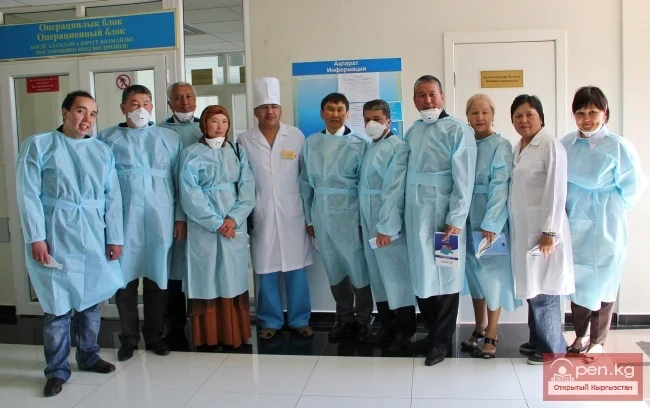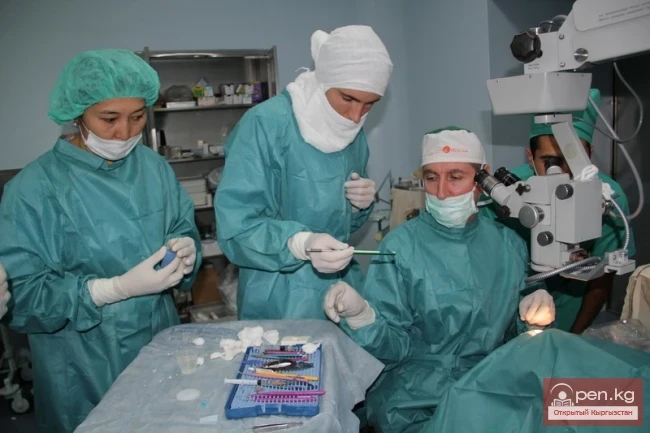
The WHO report on the state of neurological care worldwide states that over 3 billion people, which accounts for more than 40% of the global population, suffer from various neurological diseases.
In 2021, the main causes of death and disability related to such disorders included stroke, neonatal encephalopathy, migraine, Alzheimer's disease and other forms of dementia, diabetic neuropathy, meningitis, idiopathic epilepsy, complications of prematurity, autism spectrum disorders, and cancers of the nervous system.
The greatest burden of these diseases falls on poor countries, which lag behind developed nations by more than 80 times in the number of specialists in neurology. Many low- and middle-income countries lack the necessary national strategies, budgetary resources, and human resources. The WHO urges the global community to focus on brain health and to take coordinated action as soon as possible to improve access to evidence-based neurological care.
In preparing this report, 53% of WHO member states (102 out of 194 countries) participated, highlighting the lack of attention to neurology issues. Only 32% of countries (63 states) have developed national policies for the prevention and treatment of neurological diseases, and 18% (34 countries) reported allocating special funding for these purposes.
The absence of a reliable political and regulatory framework leads to inconsistencies in healthcare systems, a lack of resources, and an inability to adequately respond to the needs of patients and their families. Despite some progress in raising awareness, efforts must continue to combat stigma, accelerate reforms, and expand access to necessary care.
Many patients cannot receive basic care for neurological disorders. Only 25% of member states (49 countries) included services for treating nervous system diseases in the list of guaranteed medical services. In most cases, essential infrastructure elements, such as stroke units and rehabilitation services, are either absent or concentrated in major cities, making them inaccessible to residents of rural and disadvantaged areas.
The report also highlights the acute shortage of qualified healthcare workers: in low-income countries, the number of neurologists per 100,000 population is 82 times lower than in wealthy countries. This results in many patients being unable to receive timely diagnosis and treatment.
Lifetime care is often required for patients with neurological disorders; however, only 46 member countries provide support to caregivers, and only 44 states have established legal guarantees for these individuals. As a result, many patients receive care from non-specialists, most often women, whose work is unrecognized and unsupported, exacerbating social inequality and increasing the financial burden on families.
The lack of funding for research, especially in low- and middle-income countries, and the weakness of health information systems limit opportunities for making evidence-based decisions and creating effective policies in the field of neurological disorders.
In 2022, member states, recognizing the growing importance of these issues for public health, adopted an Intersectoral Global Action Plan to Combat Epilepsy and Other Neurological Disorders, aimed at reducing the burden and consequences of these disorders.
This action plan outlines key steps that countries should take to improve policies, ensure timely and effective care, enhance the quality of information systems, and involve people with personal experience living with neurological disorders in developing more inclusive strategies.
If measures are not taken, the burden of neurological disorders will only increase, exacerbating medical inequality worldwide.
































